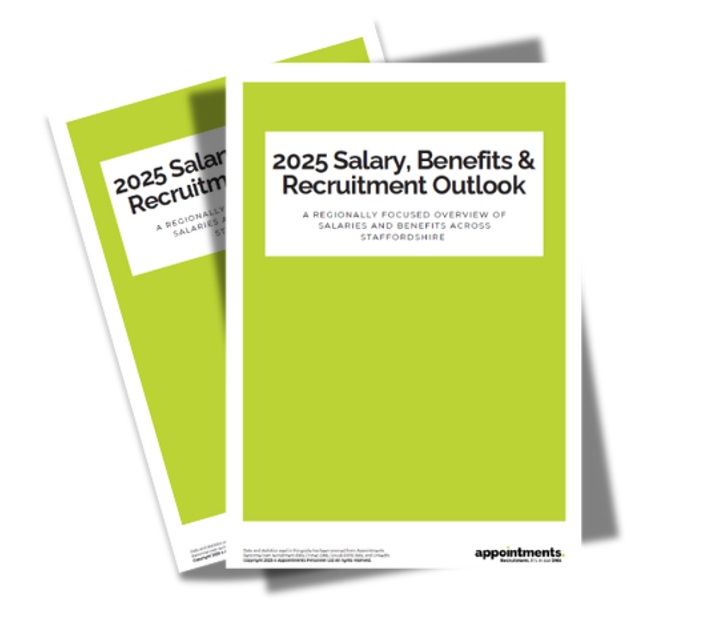
Share Article
Navigating the Changing Landscape of Employment Law in 2024
The year 2024 is poised to usher in a series of significant legislative changes that will undoubtedly impact both workers and business alike. As we gear up for these transformative adjustments, it’s essential to understand what lies ahead on the horizon of employment law. In this blog post, we’ll dive into the upcoming amendments, outlining what they mean for employees and employers alike.
- Enhanced Protection from Harassment and Discrimination
The changes to the Equality Act, October 2024, are set to bring about greater protection for employees. These amendments will extend anti-harassment safeguards to individuals providing services, ensuring a safer and more inclusive working environment. They will also broaden the definition of “gender reassignment” and introduce provisions for pregnancy and maternity discrimination. Employers must pay attention to these changes, as addressing workplace bullying and harassment becomes even more critical, especially with the introduction of new duties on employers to prevent sexual harassment.
- Rise in the Minimum Wage
Starting from April 1, 2024, the national living wage will see a substantial increase of nearly 10 percent, rising from £10.42 to £11.44 per hour. This change, driven by high inflation and the cost of living crisis, will also extend the national minimum wage rates to cover 21 and 22-year-olds, resulting in increased pay for younger workers aged 18 to 20.
- Holiday Pay and TUPE Reforms
Effective as early as January 1, 2024, reforms in holiday pay will ensure fairer entitlements for part-time and irregular hours workers, calculating their entitlement at 12.07 percent of hours worked in a pay period. Simultaneously, changes to the Transfer of Undertakings Protection of Employment (TUPE) rights aim to ease the process for small businesses, allowing direct consultation with new employees in the absence of existing worker representatives.
- Miscarriage Leave Bill
The miscarriage leave bill, currently under consideration, seeks to introduce three days of paid leave for individuals who experience baby loss before 24 weeks. This important legislation aims to provide support during a challenging time and bring the UK in line with countries like New Zealand, India, and the Philippines, which already offer such provisions.
- Carer’s Leave Act
The Carer’s Leave Act, receiving royal assent in May 2023, is set to come into force in April. This legislation will grant workers who juggle work with caring responsibilities the right to take at least one week of unpaid carer’s leave per year, covering various caregiving scenarios.
- Flexible Working Act
Starting around July 2024, the Flexible Working Act will provide employees across the UK with greater flexibility in where and when they work. Employers will be obligated to consider flexible working requests and provide a reason for rejection. This act will encompass a wide range of flexible work arrangements, offering employees more control over their work-life balance.
- Potential Impact of a General Election
A general election, which is mandated due to fixed-term parliaments, could significantly influence employment law. The outcome of the election could shape the direction of employment legislation, with the Conservative Party focusing on reducing immigration and the Labour Party pledging to introduce measures to tackle zero-hours contracts, end fire and rehire practices, and strengthen sick pay.
As we look ahead to 2024, it’s evident that significant changes are on the horizon for employment law in the UK. HR professionals and workers alike must remain vigilant and informed about these impending amendments to ensure compliance and navigate the evolving landscape effectively. For expert guidance and support in adapting to these changes, consider reaching out to Appointments Personnel, our team are on hand to help you navigate these changes and make sure you are compliant contact us today! Stay prepared, stay informed, and embrace the opportunities and challenges that lie ahead in the ever-evolving world of employment law.
If you feel that you would benefit from a full recruitment audit for your business click here to get booked in.










